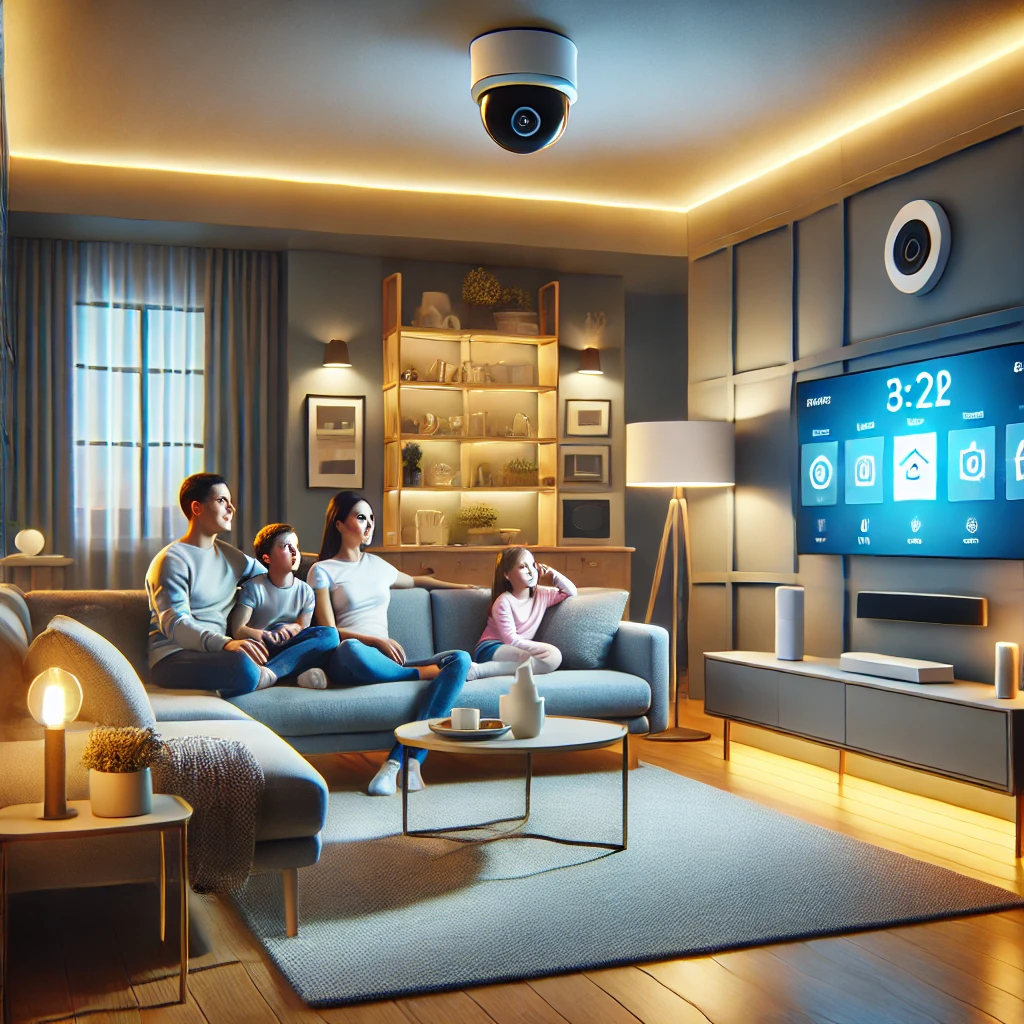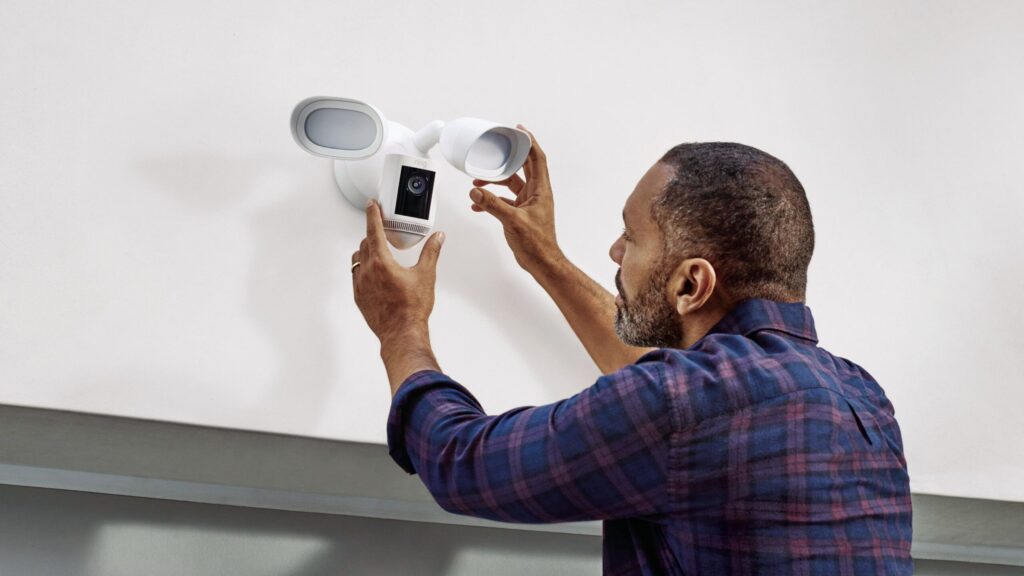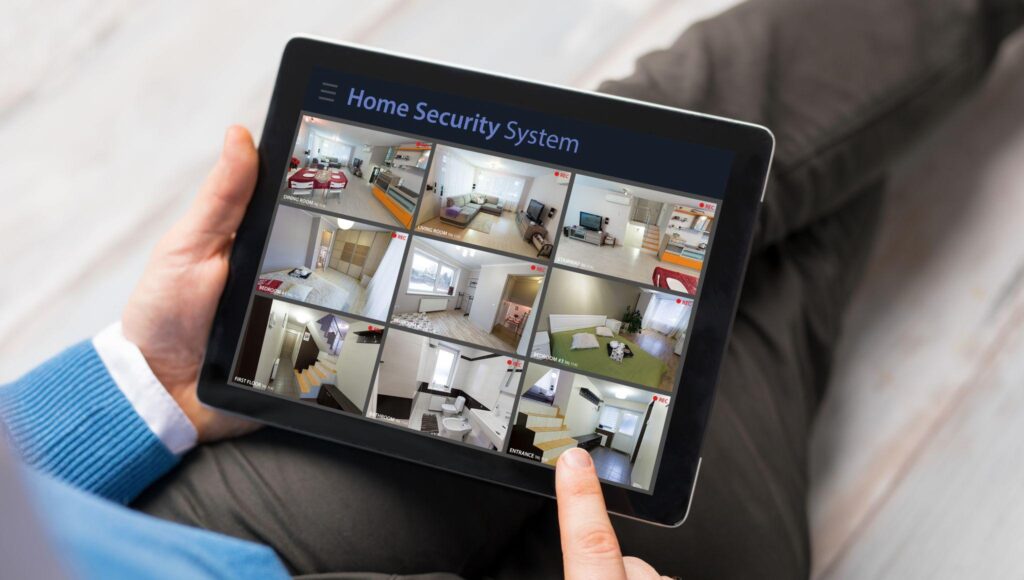The age of the smart home is here. From voice-activated assistants like Alexa and Google Home to smart cameras, thermostats, and even refrigerators, technology is making our homes more connected than ever. But as we bask in the convenience of controlling our lives from our smartphones, a question lingers: Is your smart home spying on you?
The answer isn’t as straightforward as you might think. While smart devices bring undeniable benefits, they also introduce privacy concerns that range from mildly annoying to outright alarming. Let’s explore what makes a home “smart,” how these devices work, the potential for spying, and what you can do to protect your privacy.
What Makes a Smart Home?
A smart home is a residence equipped with devices that connect to the internet, enabling remote management and automation of household systems. These devices often use sensors, Wi-Fi, and artificial intelligence (AI) to learn your habits and preferences, making life more convenient and efficient.
Common Features of a Smart Home:
- Voice Assistants: Devices like Amazon Echo, Google Nest, and Apple HomePod respond to voice commands to control lights, music, and even your shopping lists.
- Smart Security Systems: Cameras, motion sensors, and smart locks provide enhanced security, often with real-time mobile notifications.
- Automated Appliances: From thermostats that adjust to your routine to ovens that preheat before you get home, automation is key.
- Energy Efficiency: Smart homes can save energy by optimizing lighting, heating, and cooling systems based on occupancy or time of day.
While these features seem benign—or even beneficial—the constant connectivity and data collection needed to run them may open the door to privacy risks.
How Smart Devices Work: Data Collection and Connectivity
The intelligence of a smart home lies in its ability to gather and process data. Every command you give, every setting you change, and every notification you receive contributes to a constant feedback loop of information.
How Data Is Used:
- Improving Services: Data helps companies refine their AI algorithms to make devices more efficient and user-friendly.
- Marketing: Ever wonder why ads for thermostats appear after you search for heating solutions? Your devices might be sharing usage patterns with advertisers.
- Diagnostics: Data is often used to identify and fix issues remotely, making updates smoother.
However, the same data that enables convenience also creates a record of your habits, preferences, and even movements. This data is valuable—not just to you but to advertisers, hackers, and, in some cases, governments.
How Your Smart Home Could Be Spying on You
So, is your smart home spying on you? It depends on how you define spying. Let’s break down the potential risks:
1. Data Sharing with Third Parties
Many smart devices come with terms and conditions that allow companies to share your data with third parties. For example, voice recordings from your assistant may be analyzed to improve AI but could also be stored indefinitely and accessed by advertisers or even law enforcement.
2. Always Listening Devices
Voice assistants must always “listen” for their activation phrases (like “Hey Google”). This means they’re technically always on. While companies claim this data isn’t stored unless activated, several high-profile incidents have proven otherwise.
3. Hackable Devices
The very connectivity that makes smart homes possible also makes them vulnerable to hacking. Weak passwords, unpatched software, and outdated security protocols can allow cybercriminals to:
- Access your cameras.
- Control your devices.
- Steal personal data.
4. Behavioral Profiling
The data collected by your devices can be used to create detailed profiles of your behavior. For instance:
- When you’re home or away.
- Your sleep patterns.
- Your spending habits.
While companies promise anonymity, the sheer volume of data they collect can paint a highly accurate picture of your life.
Real-World Examples of Smart Home Spying
Amazon Alexa and Accidental Recordings
In 2018, an Amazon Echo device accidentally recorded a private conversation and sent it to a random contact. Amazon claimed it was a rare glitch, but it highlighted the potential for misuse.
Smart Cameras and Hacking Scandals
Several Ring camera users have reported strangers hacking into their feeds, even speaking to their children through the devices. These incidents raised serious questions about the security of smart home systems.
Google Nest and Third-Party Data
Google has faced criticism for its Nest devices sharing data with advertisers. While Google claims it anonymizes data, privacy advocates argue that anonymized data can often be re-identified.
Why It’s Not All Bad
While concerns about smart home spying are valid, it’s important to acknowledge the benefits:
- Convenience: Automating routine tasks saves time and effort.
- Energy Savings: Smart devices optimize resource usage, reducing energy bills.
- Improved Security: Many smart systems make homes safer through real-time alerts and advanced surveillance.
For most users, the trade-off between convenience and potential privacy risks feels worth it—especially if they take steps to secure their devices.
How to Protect Yourself from Smart Home Spying
You don’t have to abandon your smart home to maintain privacy. Here are some steps to minimize risks:
1. Review Privacy Settings
Most smart devices allow you to customize privacy settings. Disable unnecessary data sharing and reduce how much information the device collects.
2. Use Strong Passwords
Always use unique, complex passwords for your devices and update them regularly.
3. Enable Two-Factor Authentication
Adding an extra layer of security makes it harder for hackers to access your devices.
4. Regularly Update Software
Device manufacturers often release updates to patch security vulnerabilities. Stay up to date to protect against new threats.
5. Consider a Firewall
Installing a firewall can help monitor and block suspicious activity on your home network.
Is the Trade-Off Worth It?
The question of whether your smart home is spying on you boils down to personal comfort. Most devices do collect data, but whether this constitutes spying depends on how that data is used and how much control you feel you have over it.
For some, the convenience of automation and enhanced security outweigh the risks. For others, the idea of their every move being monitored—even if only by an algorithm—is a deal-breaker.
The Future of Smart Home Privacy
As smart technology evolves, so too will the conversation about privacy. Companies are under increasing pressure to be transparent about data collection and to implement stronger security measures. In the future, we may see more privacy-focused devices, giving users the benefits of a smart home without compromising their security.
Until then, the key is to stay informed, proactive, and mindful of the balance between convenience and privacy in your connected home.
By taking a few simple steps, you can enjoy the benefits of smart technology while keeping your personal data safe—proving that the convenience of a smart home doesn’t have to come at the cost of your peace of mind.




